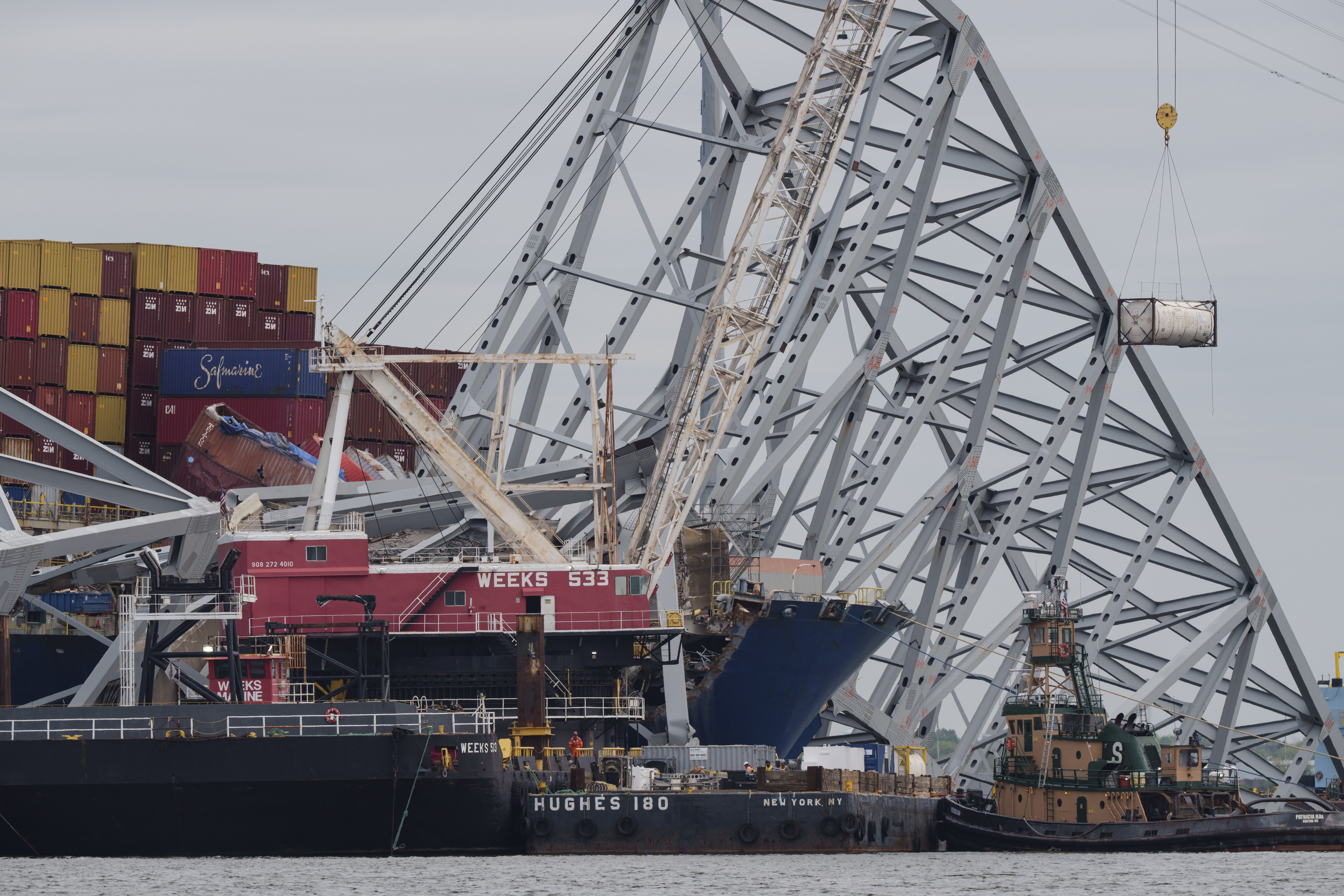As pandemic restrictions loosen, bankrupt companies get a new lease on life.
As the pandemic swept across the globe in 2020, a new sort of crisis began to emerge: bankruptcies. Companies that entered the year in a position of strength faced a new reality that kept consumers stuck at home and closed down stores, sometimes permanently. As virus cases mounted throughout the year, clothing retailers, travel companies and oil producers began to file Chapter 11 bankruptcy by the dozens. In the months since, many of these bankrupt companies have returned from the dead, exiting bankruptcy with a new lease on life. The return of many of these companies coincides with a reopening economy and the roll out of vaccines. For some bankrupt companies, it just might be a chance at a fresh start. Here are seven companies that struggled in 2020 but have since emerged from bankruptcy.
J. Crew
It was clear to everyone by the summer of 2020 that retailers were in trouble. Malls had been closed, storefronts shuttered and customers locked up at home for weeks. As a result, sales across the board were plummeting. The canary in the coal mine was J. Crew, which had suffered from the decline in mall traffic and the rise of online retailers for the last few years and found itself in no position to survive during a global pandemic. The company declared bankruptcy in May as it sought out a way to pay down its nearly $2 billion in debt. By September, the company had found a solution: Anchorage Capital Group, one of J. Crew’s largest lenders, has taken control of the company as its majority owner, while J. Crew gets to take $1.6 billion in debt off of its books.
Tailored Brands
The pandemic changed everything around us, from how we socialize to where we get our food. Perhaps most importantly, it altered how we work. The work-from-home boom was a blessing for companies like Zoom Video Communications (ticker: ZM), but it was a death knell for retailers that had once dressed us up for boardroom presentations. One of those companies was Tailored Brands, the parent company of Men’s Wearhouse and Jos. A Bank, both of which saw their sales plummet as customers traded in khakis for sweatpants. With stores closed and expenses mounting, Tailored Brands was forced into Chapter 11 bankruptcy last August, closing around 500 locations. Since then, Tailored Brands has emerged from bankruptcy with $686 million in debt removed from its balance sheet, as well as a $365 million exit term loan to help it get back on its feet.
Hertz Global Holdings
As travel declined during the pandemic, every company in the industry began to suffer. One of those companies was Hertz, whose rental cars were stuck on the lot while its used car sales plummeted, even as debt obligations piled up. Hertz had somehow accumulated an obscene $18 billion in debt by 2020, and when the company wasn’t able to make a payment in late April, alarms bells began to ring. Sure enough, Hertz declared bankruptcy on May 22, but then a peculiar thing happened: the market got a preview of the looming influence of retail investors. Shares of Hertz had declined as the bankruptcy proceeded, only to bounce back from 56 cents a share to more than $5 a share as investors sought value and a quick buck. Today, Hertz remains trading on the over-the-counter market even as it plans a sale of itself to its lenders.
J.C. Penney Co.
J.C. Penney was already struggling against shifting consumer demand and major competitors like Amazon.com (AMZN) and Walmart (WMT) long before anyone had heard of COVID-19, but the virus proved to be the final nail in the coffin. That said, don’t count J.C. Penney out just yet — despite declaring bankruptcy in May 2020, the retailer was granted a stay of execution in early November when a bankruptcy court declared J.C. Penney could be split into two parts. As part of the deal, 160 J.C. Penney locations and six distribution centers will be sold off to a group of lenders in exchange for forgiving J.C. Penney of more than $1 billion in debt, while the remaining stores will be owned by Simon Property Group (SPG) and Brookfield Property Partners (BPY). The only question now is what those mall operators plan to do with the struggling retailer.
Whiting Petroleum Corp. (WLL)
Oil producer Whiting Petroleum bought up big chunks of the Bakken oil field over the last few years, accruing an enormous pile of debt that it was struggling to cover by the end of 2019. With hundreds of millions of dollars in debt coming due during 2020, plus several billion more over the following years, Whiting was in trouble. Then the one-two punch of an OPEC-Russia price war combined with a pandemic-fueled decline in travel sent oil prices to historic lows, upending Whiting’s business and sending shares down by more than 90% in the three months before the company filed for bankruptcy on April 1. In brighter news, Whiting was back on its feet by September after reducing its debt by $3 billion and establishing a credit facility of $750 million, and shares are up more than 34% year to date.
Chesapeake Energy Corp. (CHK)
It’s easy to see why 46 oil and gas producers went bankrupt in 2020, according to corporate law firm Haynes and Boone, especially after the price of crude oil fell to less than zero dollars per barrel for the first time in history back in April. A pandemic that decimated car travel plus an OPEC-Russia oil feud equaled disaster for the industry. Chesapeake Energy, which had been fueling its shale drilling boom with debt, soon found itself caught with its hand in the cookie jar. With more than $9 billion in debt and $1 billion in maturities and interest alone, Chesapeake’s income couldn’t cover its obligations, and the company was forced to declare Chapter 11 bankruptcy in June. But in mid-January, Chesapeake emerged from bankruptcy with a new lease on life after removing $7.7 billion in debt from its balance sheet, and the unburdened company will focus more on natural gas rather than shale oil drilling.
GNC Holdings
The pandemic had a direct, negative impact on many retailers. Clothing retailers had no more customers, restaurants had to close their dining rooms, and so on. GNC, which sells natural supplements and vitamins, actually saw growing demand for its products during the pandemic. Yet it was too little too late for the company, which was burdened by roughly $900 million in debt heading into 2020 before it was forced to close many of its retail locations for several weeks. Lower sales, a dwindling supply of cash and upcoming debt payments led GNC to file for bankruptcy in June — but don’t worry, you’ll still be able to buy your protein powder there. The company was allowed to sell itself to its largest shareholder, Chinese company Harbin Pharmaceutical, for $770 million, and roughly 1,400 GNC locations will remain open as a result.
Seven companies that went bankrupt due to COVID-19:
— J. Crew
— Tailored Brands
— Hertz Global Holdings
— J.C. Penney Co.
— Whiting Petroleum Corp. (WLL)
— Chesapeake Energy Corp. (CHK)
— GNC Holdings
More from U.S. News
The Complete Berkshire Hathaway Portfolio
What Are NFTs? NBA Top Shot and 6 Blockchain Projects to Watch
7 Companies That Went Bankrupt Due to COVID originally appeared on usnews.com







